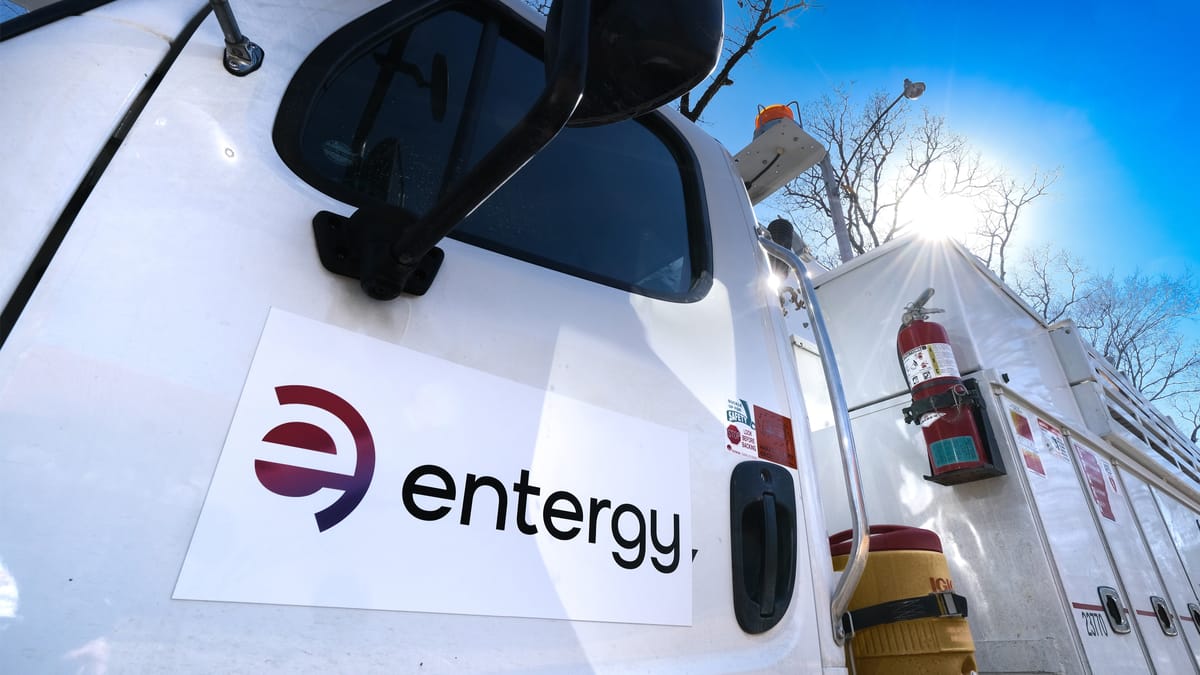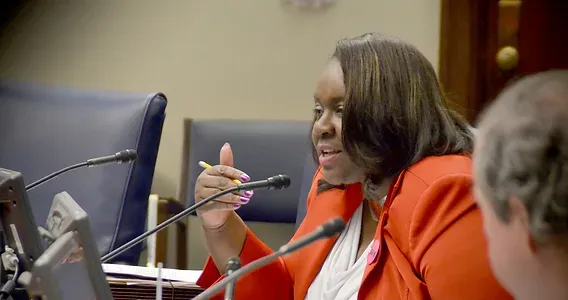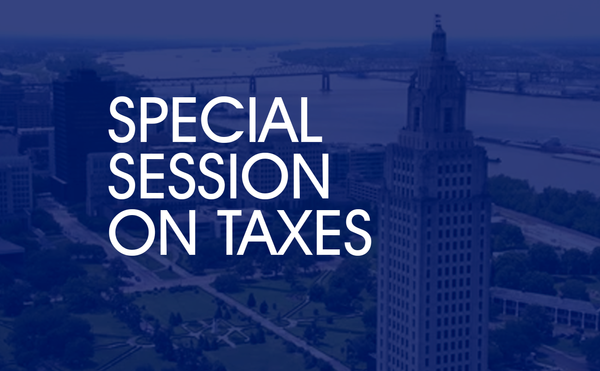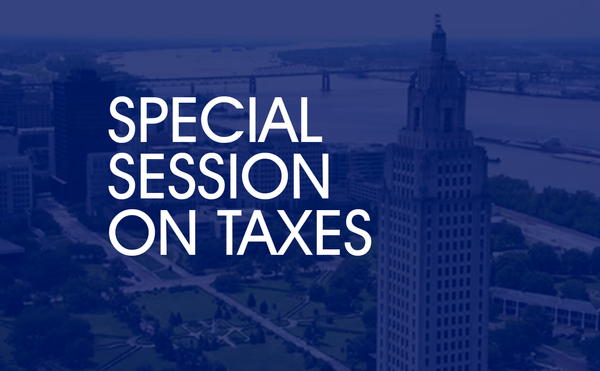Louisiana Public Service Commission Race Heats Up as Election Day Nears
The District 2 seat, currently held by outgoing Commissioner Dr. Craig Greene, will be contested by three candidates: Republicans Jean-Paul Coussan and Julie Quinn, along with Democrat Nick Laborde.

BATON ROUGE, La. — Less than a month before the Nov. 5 election, voters in Louisiana's District 2 are preparing to elect a new member to the powerful Louisiana Public Service Commission (PSC). The commission, which regulates the state's utility companies, significantly impacts the cost of energy and other essential services for residents.
The District 2 seat, currently held by outgoing Commissioner Dr. Craig Greene, will be contested by three candidates: Republicans Jean-Paul Coussan and Julie Quinn, along with Democrat Nick Laborde. The seat holds considerable influence over energy policy and utility regulation in the state, yet it often flies under the radar in terms of public awareness.
The PSC oversees investor-owned utilities like Entergy and Cleco, as well as member-owned rural cooperatives, playing a crucial role in how utility rates are set. It also regulates pipelines and tow truck services. Utility companies must receive PSC approval for rate hikes, directly affecting the pocketbooks of Louisiana consumers.
District 2 encompasses 13 parishes, including parts of East and West Baton Rouge, Lafayette, Terrebonne, and others. The upcoming race has drawn attention due to the potential shift in energy policy, with each candidate sharing differing views on the balance between traditional and renewable energy sources.
Laborde, the only Democrat in the race, advocates for a transition to renewable energy, arguing that replacing retiring fossil fuel plants with cleaner sources like solar, wind, and nuclear power is both an environmental and economic imperative. He points to market data showing renewable energy is increasingly more affordable than fossil fuels.
On the other hand, Coussan and Quinn, both Republicans, hold more cautious positions, emphasizing affordability and reliability over rapid energy transitions. Coussan believes the market should determine energy production, while Quinn advocates for a balanced approach, noting that while renewables are part of the future, Louisiana's abundance of natural gas remains a key resource.
While the candidates’ energy policies are a central issue, the election also spotlights the unique complexities of the PSC. Unlike other political offices, the commission deals with highly technical regulatory work that often requires detailed knowledge of utility operations. Quinn has emphasized the need for commissioners to thoroughly understand the issues, while all candidates agree that improving public outreach and transparency in the PSC's work is critical.
With early voting starting Oct. 20 and running through Oct. 29, the race remains competitive, particularly for Laborde, who faces an uphill battle in a district that leans heavily Republican. His best chance may lie in forcing a runoff, where a simultaneous Baton Rouge mayoral race could drive higher Democratic turnout.
Campaign finance reports show Coussan with a significant financial advantage, raising over $465,000, compared to Quinn’s $124,000 and Laborde’s $4,400. Both Coussan and Quinn have used their campaigns to oppose progressive energy policies, like the Green New Deal, although such policies are not directly addressed by the PSC.
With the power to influence energy costs and policies that affect every Louisiana resident, the outcome of this election could have lasting effects on the state's energy landscape.
For voting information, visit GeauxVote.com or contact the Louisiana Secretary of State’s office.





